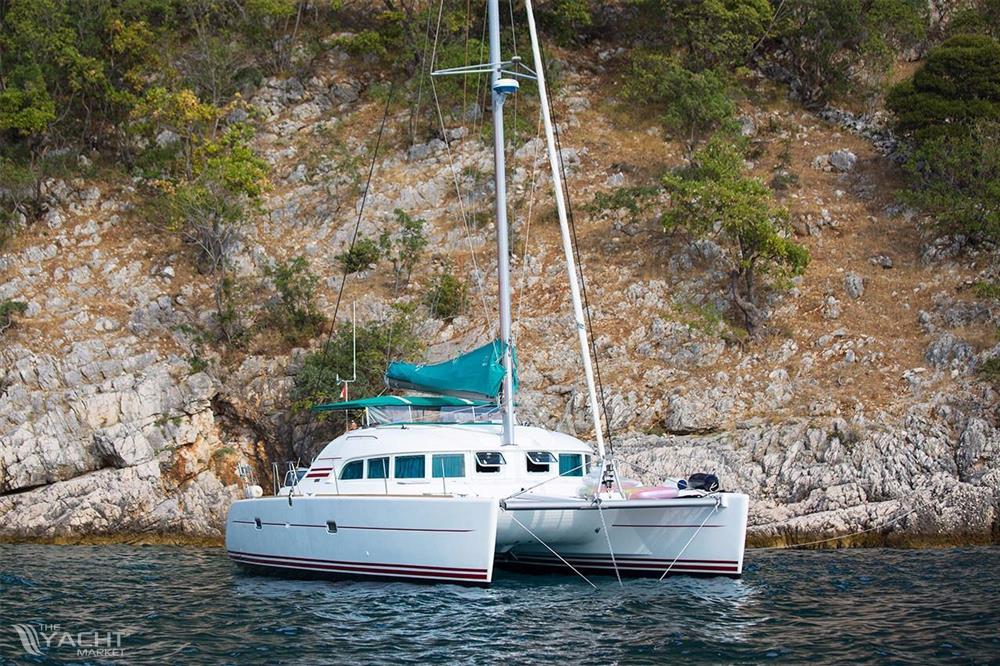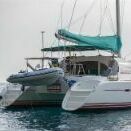I tend to agree, but it also states that it is irrespective of receiving payment, so is that commercial activity ?
'Law Insider' gives a definition of 'commercial activity' as :
Commercial activity means (a) all advertising, sales, purchases, or agreements for the sale or purchase of goods or services; (b) all giving, demonstration, or solicitation for the purchase or sale of goods or services provided by a person, group of persons, or other entity; and (c) all solicitations of gifts of money or other goods or services by a person, groups of persons, or other entity.
That all changed some years ago to be 'placed on the market'., that has subsequently been 'added to' ;
While the “old” Directive considered the action of “placing on the market and/or putting into service”, the new Directive broadens the scope to the action of “making available”.
A product is made available on the market when supplied for distribution, consumption or use on the Union market in the course of a commercial activity, whether in return for payment or free of charge. The concept of making available refers to each individual product and implies that all economic operators in the supply chain have traceability obligations and need to have an active role in ensuring that only compliant products circulate on the Union market.
A product is placed on the market when it is made available for the first time on the Union market. The operation is reserved either for a manufacturer or an importer as the manufacturer and the importer are the only economic operators who place products on the market





